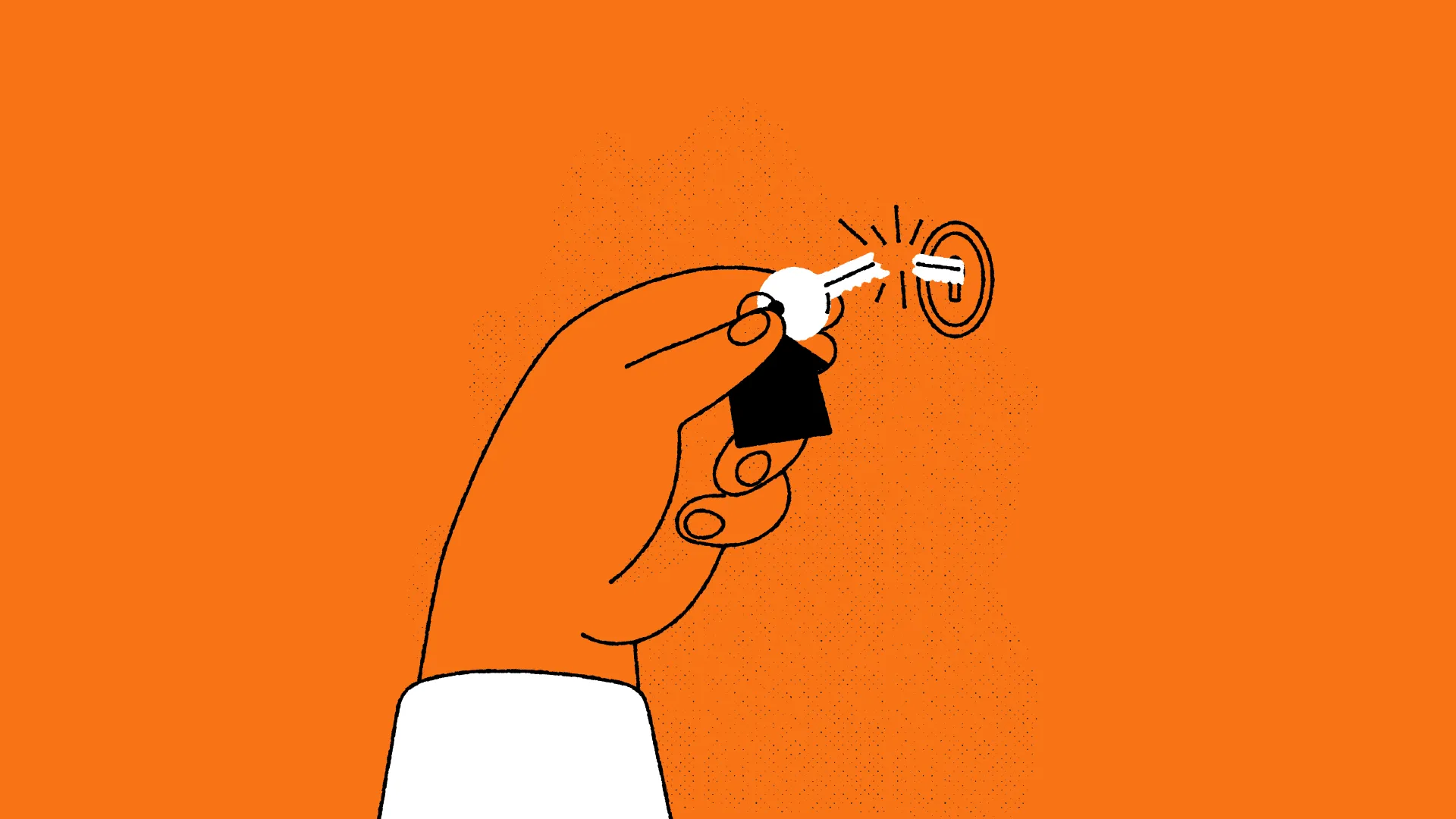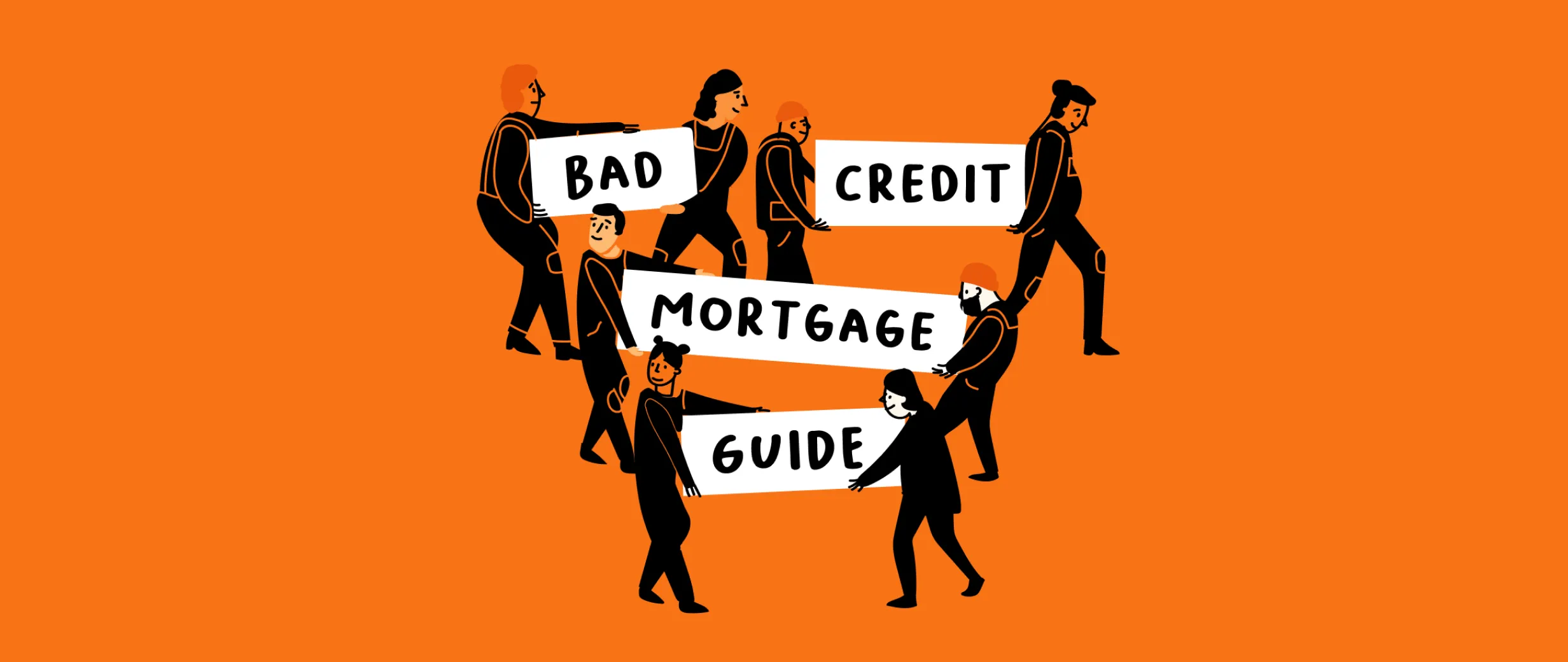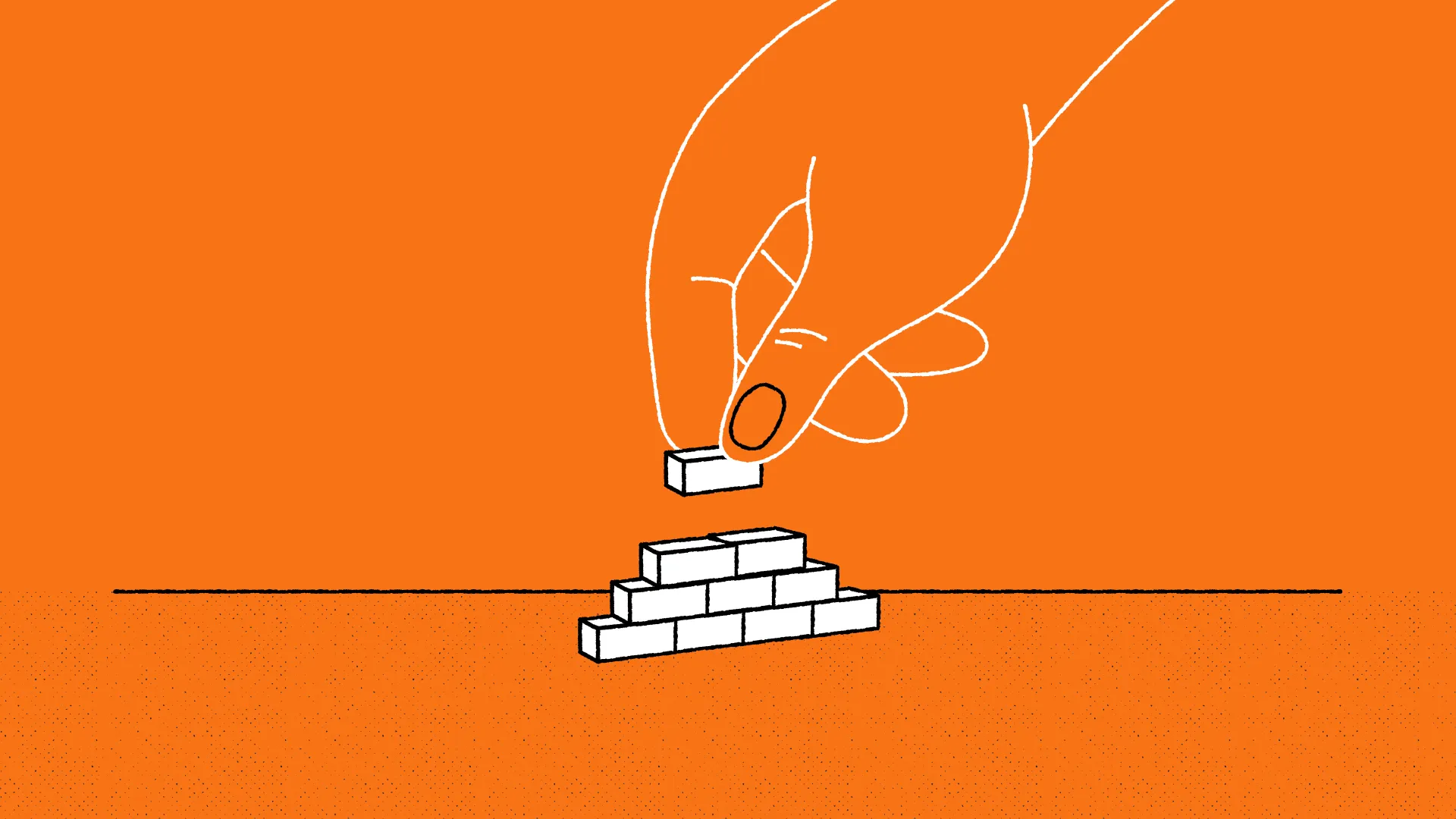Mortgage After Bankruptcy
We specialise in supporting people with all types of bad credit secure the mortgage they need, including after bankruptcy, and we can help you explore your options.
Your home may be repossessed if you do not keep up repayments on your mortgage.
Exclusive broker partner to

5 mins
Updated: Nov 16 2025
5 mins
Updated: Nov 16 2025
On this page
Please be aware that by following any external links you are leaving the Haysto website. Please note Haysto nor HL Partnership Limited are responsible for the accuracy of the information contained within external websites accessible from this page.
On this page
It’s a myth that bankruptcy has to be a permanent barrier to getting a mortgage. Our team of brokers at Haysto continues to defy this traditional thinking by helping people with discharged bankruptcies try and secure the mortgage they need.
With our guidance and experience, it’s possible for you to secure a mortgage after bankruptcy. Read on to discover how we can help make this happen when others can’t.
Can you get a mortgage after bankruptcy?
Getting a mortgage after bankruptcy can take time and patience, but it’s possible. Once you’ve been discharged by the Insolvency Service* (usually after 12 months), a bankruptcy remains on your credit record for six years. The longer you’ve been discharged, the more mortgage lenders will be willing to consider your application.
Most, if not all, high-street mortgage lenders will see bankruptcy as a major red flag and won’t consider you for a mortgage while it’s showing on your Credit Report. But, several specialist mortgage lenders will accept people with discharged bankruptcies provided certain conditions are met.
If you’ve been discharged from bankruptcy, it’s strongly recommended that you speak with a mortgage broker first rather than approaching a mortgage lender directly. A mortgage broker can advise on your eligibility and how best to present your application.
If you contact us, we’ll arrange for one of our Mortgage Experts with experience in this area to contact you directly and discuss your situation.
How soon after bankruptcy can I get a mortgage?
There’s nothing stopping you from applying for a mortgage as soon as you’ve been discharged. In reality, the chances of you getting accepted at this point would be near zero. The longer you wait, taking the time to repair your credit score, the better chance you have of being successful.
Waiting for six years until the bankruptcy event is removed from your credit file will give you ample time to repair your credit record and apply to a larger pool of lenders. However, you don’t necessarily have to wait this long, with some specialist lenders even willing to consider your application just one year after you’ve been discharged.
Access Your Credit Report
To get a full view of your credit information from all three agencies, use Checkmyfile free for 30 days, then £14.99/month (cancel anytime).
Get Started NowHow to improve your chances of getting a mortgage after bankruptcy
Getting a mortgage after you’ve been discharged from bankruptcy isn’t always straightforward. But there’s a number of things you can do to give yourself a better chance. These include:
Taking time to repair your credit score. Start by checking that you’re registered on the electoral roll* at the correct address. Other steps you can take include paying all of your bills on time and making sure any credit cards are paid down each month. It’s a good idea to keep regularly downloading your credit report** to see how it’s improving over time.
Be patient. It may be tempting to rush in and want to apply if you see your credit score slightly improve, but more lenders will look at your application the longer you leave it. This is particularly relevant if you were discharged within three years.
Save for a deposit. The more deposit you have, the stronger your application will look to more mortgage lenders. So, save as much as possible, regardless of when you were discharged.
Speak to a mortgage broker who specialises in mortgages after bankruptcy. Seeking advice from an expert rather than approaching a lender directly is the smart move, particularly in cases like this. They’ll be able to advise you on how to prepare your application and which lenders will be most likely to accept it.
**When you click through to our affiliate links, we may earn a small commission at no extra cost to you. We only recommend sites we trust and believe in.
How much deposit will a mortgage lender ask for?
The amount of deposit you’ll need will largely depend on how long it’s been since you were discharged from bankruptcy. As the table below illustrates, the longer it’s been, the less deposit will be required.
Time Since Discharged From Bankruptcy | Typical Deposit Requirements |
|---|---|
1 Year | 30%-40% |
2 Years | 20%-30% |
3 Years | 15%-20% |
4-6 Years | 10%-15% |
Over 6 Years | 5%-10% |
Source: Haysto data (updated, July 2025)
So, for example, if you wanted to buy a house for £200,000 and you’d been discharged from bankruptcy three years ago, a lender could ask you for a deposit between £30,000-£40,000 (15%-20%), leaving a mortgage requirement of £160,000-£170,000 (80%-85% LTV).
Which mortgage lenders can help?
Several specialist mortgage lenders will consider applications from people with bankruptcy registered on their credit file. These include (but aren’t limited to) Pepper Money, Bluestone Mortgages, Aldermore, and West Bromwich Building Society.
All of the above mortgage lenders work exclusively with brokers and have a proven track record of success in accepting applicants with this type of credit issue.
Why is it harder to get a mortgage after bankruptcy?
Bankruptcy is a severe form of bad credit and will significantly lower your credit score. As a result, any mortgage lender will see you as a higher risk than someone without this type of credit issue registered against them.
But if you’re prepared to devote some time between being discharged and the removal of the bankruptcy from your credit history to rebuilding your credit score, then you can boost your chances of getting a mortgage sooner than you might have thought.
If you’re accepted for a mortgage with bankruptcy still registered on your credit record, you should expect the lender to ask for a larger deposit and charge a higher interest rate on your repayments than for a standard mortgage applicant with no credit issues.
At Haysto , our fully qualified Mortgage Experts have specific experience arranging mortgages for people after bankruptcy and will guide you through the whole mortgage process from start to finish, including:
Ensuring your mortgage application is prepared correctly for this type of credit issue
Searching the entire mortgage market to find the best lenders who will accept discharged bankruptcies
Providing a valid Agreement In Principle (AIP) - one you can trust directly from a lender
£100 gift card if we can’t make your mortgage possible, but another broker can
Just get in touch, and one of our Mortgage Experts will contact you immediately to explore your options. Rest assured, if there’s a mortgage solution out there for you, we’ll find it.
We Make Mortgages Possible
Our Mortgage Experts are fully qualified with experience in bad credit, self-employed and complex mortgages. They have a proven track record of getting mortgages for people who’ve been rejected elsewhere.
Get Started NowAny questions?
We're a judgement-free zone. If you still have questions, we've heard most of them before. Here are some of them answered by our team of experts.
Yes, you do. Most mortgage applications will still ask you to confirm if you’ve ever been declared bankrupt, even if it was longer than six years ago and no longer showing on your credit report. If asked, you should declare any bankruptcy regardless of when it happened.
The National Hunter* website contains a record of anyone who has ever been bankrupt in the UK. Certain mortgage lenders may still check the database before they give the final agreement on your mortgage. In this event, it’s better to let your lender and mortgage broker know rather than risk your application being declined at a later stage.
Whether it's a joint or sole application, if a bankruptcy is still registered on your credit record (or the other applicants, in the case of a joint mortgage), this will impact the number of lenders willing to accept it.
The lenders' focus will still be on the bankruptcy, and they will assess this against their eligibility criteria before reaching a decision. Some lenders will accept it, and some won’t. The best way to find out how your case would be considered is to speak with a mortgage broker before applying.
A mortgage broker will be able to guide you as to the best course of action to take based on your own circumstances.
Yes, it’s possible, but it will be more difficult depending on when the bankruptcy occurred and how long ago you were discharged. Essentially, the same criteria apply for remortgaging as they do for taking out a new mortgage, with a smaller pool of lenders available.
Related Articles

Bad Credit Mortgage Lenders
Find out who the best bad credit mortgage lenders are and how Haysto could make your mortgage possible due to our strong working relationship with them.
Read guide

Getting a Mortgage With Bad Credit
Bad credit doesn’t mean you can’t get a mortgage. Our guide to bad credit mortgages explains how we can help make your mortgage possible.
Read guide

Can You Get a Mortgage With An IVA?
An IVA doesn’t have to be a permanent barrier to getting a mortgage. Find out how Haysto could help make your mortgage possible.
Read guide
Information
Tools & Guides
Haysto, a trading style of Haysto Ltd, is an appointed representative of HL Partnership Limited, which is authorised and regulated by the Financial Conduct Authority.Registered Office: Haysto, Crystal House, 24 Cattle Market Street, Norwich, NR1 3DY. Registered in England and Wales No. 12527065
There may be a fee for mortgage advice. The exact amount depends upon your circumstances but will range from £599 to £1599 and this will be discussed and agreed with you at the earliest opportunity.
The guidance and/or information contained within this website is subject to the UK regulatory regime and is therefore targeted at consumers based in the UK.
Your home may be repossessed if you do not keep up repayments on your mortgage.








